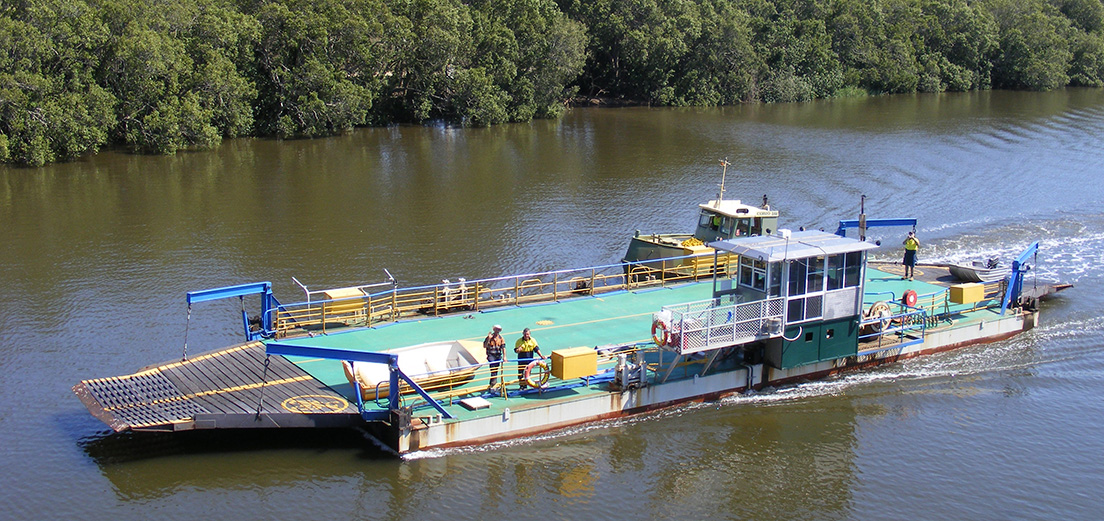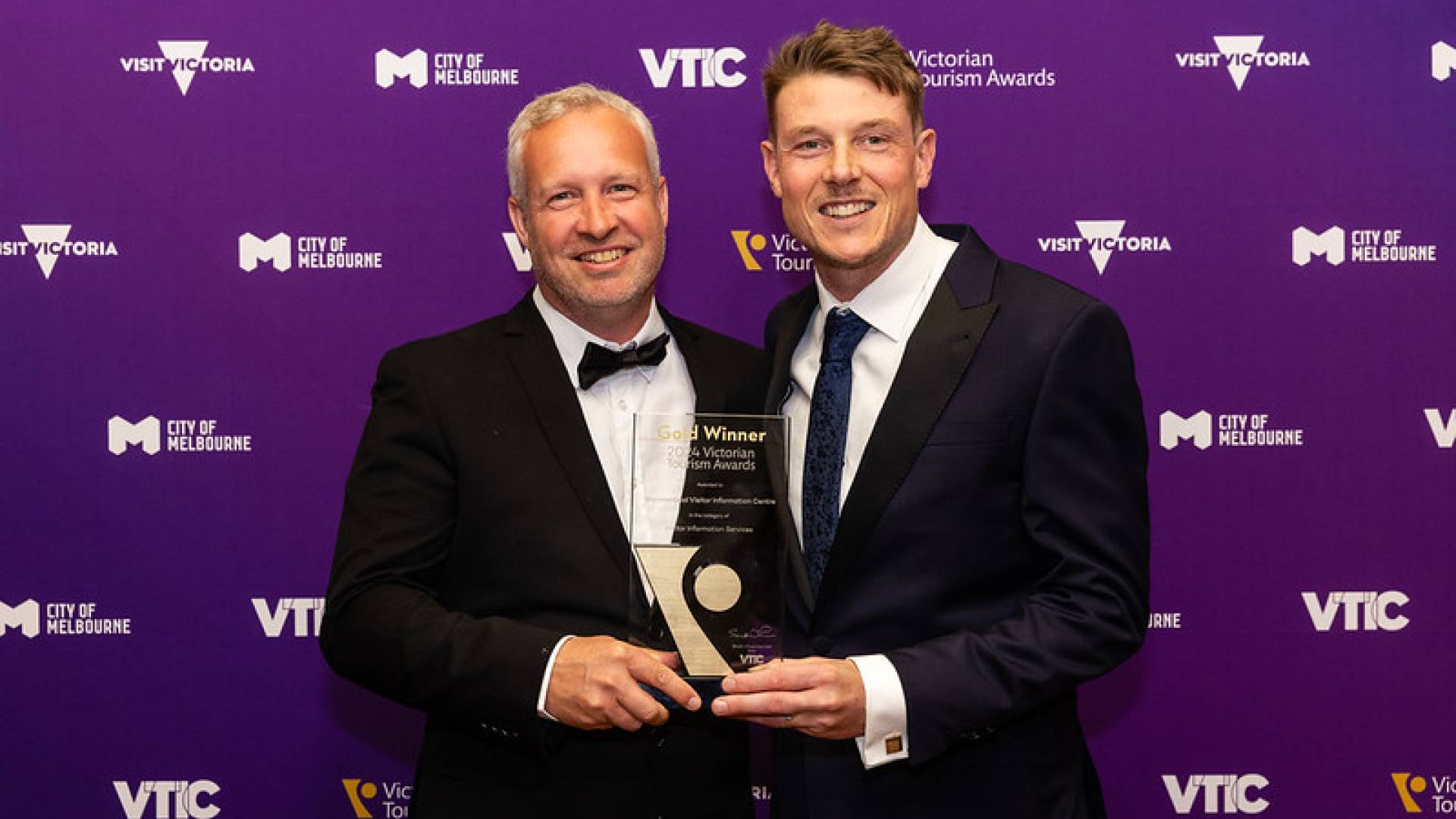The Business Council today releases its 2022-23 budget submission which calls for the urgent removal of the roadblocks to recovery while clearing the way to secure Australia’s economic future with a more diverse and stronger industry structure, improved access to skills, better jobs and higher wages.
“We need to throw everything at addressing the structural issues threatening to stall momentum in the recovery such as acute worker shortages and record low business investment while laying the foundations for long-term and stronger economic growth,” Business Council of Australia chief executive Jennifer Westacott said.
“The country has moved beyond waiting for COVID to reach its end point. Omicron has changed the game. We can no longer sit back and wait for a return to normal; we must stay the course on reopening and recovery while the virus becomes endemic.
“Our economy has remained stronger through COVID than many other nations.
“But the answer to speeding up the pace of recovery is not further big spends from government, it’s about ensuring business can take the baton and drive faster and sustained private sector led growth.
“This means urgently addressing the serious structural barriers that risk holding back the private sector including acute worker shortages, the urgency of improving access to skills and lifting business investment above its historically low levels.
“It’s more critical than ever that we make the most of our workforce. The shortage of workers is creating havoc for large and small businesses across the nation’s critical supply chains and contributing to inflationary pressures.
“It’s why we are urging a catch up in skilled migration to make up for the numbers of skilled migrants unable to come to Australia during COVID as well as ensuring we are making the most of our homegrown talent by improving the skills system.
“We are also releasing our plan today to make it easier for women to return to work, take on more hours and advance.
“Unlocking investment remains a priority.
“Common-sense steps that make permanent the easing of regulations during COVID need to continue, foreign investment screening should be streamlined and action is still needed on making the company tax system permanently more competitive.
“This starts with mid-size companies that have been rocked by lockdowns and restrictions that face global pressures and need incentives to start investing again.
“To help build up the nation’s capability, we are calling for a future industries fund and greater encouragement of private sector co-investment in developing clean energy technologies.”
“Removing the roadblocks to recovery is a fundamental step in our ability to lay the foundations for long-term and sustained economic growth to deliver higher wages, pay for services and pay down debt.
“We need to reimagine the economy to secure our future by building on our strengths and creating exciting new global industries with higher paying jobs. That’s about making us more competitive, driving investment, remaining open to the rest of the world, and ensuring all Australians have access to the skills they need, when they need them, to secure those jobs.”
Key budget recommendations include:
- Skilling the workforce by increasing investment in VET through an ambitious new ³Ô¹ÏÍøÕ¾ Skills Agreement which also better targets training to the needs of learners and their employers.
- Extending the Boosting Apprentice Commencement wage subsidy for a further 12 months at a stepped down rate.
- Catching up on lost skilled migration by raising the annual permanent migration cap to 220,000 places in 2022-23 and 2023-24, reverting to 190,000 in 2024-25, and reweighting the skills stream back up to a 70 per cent share.
- Extending visa application charge refunds for working holiday makers and international students.
- Temporarily reverting to four-year visas for all new Temporary Skill Shortage (TSS) visa holders or extending the pathway to permanent residence to new two-year TSS visa holders, with continuation subject to a review.
- Removing occupational skills list eligibility requirements for employer-sponsored visas for higher paid workers.
- Scrapping, or otherwise revamping the Skilling Australians Fund levy so that there is a stronger link between the businesses that pay the levy and the training provided to address skills shortages.
- Encouraging more women back into the workforce and helping them advance through a shared carer paid parental leave bonus that supports sharing of parental responsibilities.
- Making permanent the reduction of red tape measures introduced during COVID-19 such as delivery curfews and retail trading hour restrictions.
- Enhancing the competitiveness of Australian businesses by raising the turnover threshold for the 25 per cent company tax rate to either $250 million, $500 million or $1 billion and switching to a domestic turnover test.
- When fiscal conditions permit, drive a sustained increase in investment in the medium term through either:
- Applying the lower company tax rate of 25 per cent to all companies, phased through increases to the turnover threshold, or
- Introducing a broad-based investment allowance of 20 per cent for all companies to provide for more sustained improvements in investment. It could initially be targeted at investment in emerging areas where competition for investment dollars will be strongest such as clean energy and digital technology/software.
- Sending a positive signal to foreign investors by introducing a fast-track approvals lane for regular and trusted clients of FIRB.
- Building up world-class nationally significant industry precincts by establishing a central future industries fund that better targets government support for local industries to develop capabilities, scale up and compete globally.
- Making the most of the significant public infrastructure pipeline by tasking Infrastructure Australia and the state-based infrastructure bodies to coordinate and share information on the timing of procurements and sequencing of projects.
- Accelerating the development of clean energy technology by scaling up funding to CEFC and ARENA to encourage private sector co-investment in untested and emerging clean energy technologies that may not otherwise reach commercial scale.
- Providing productivity payments to states and territories that implement beneficial reforms, including tax and regulatory changes.
- Supporting states that want to progress much needed tax reform such as phasing out stamp duty by providing them with a clear guarantee of no disadvantage in the allocation of GST revenues.
You can download our budget submisson
You can download our women’s statement here.







